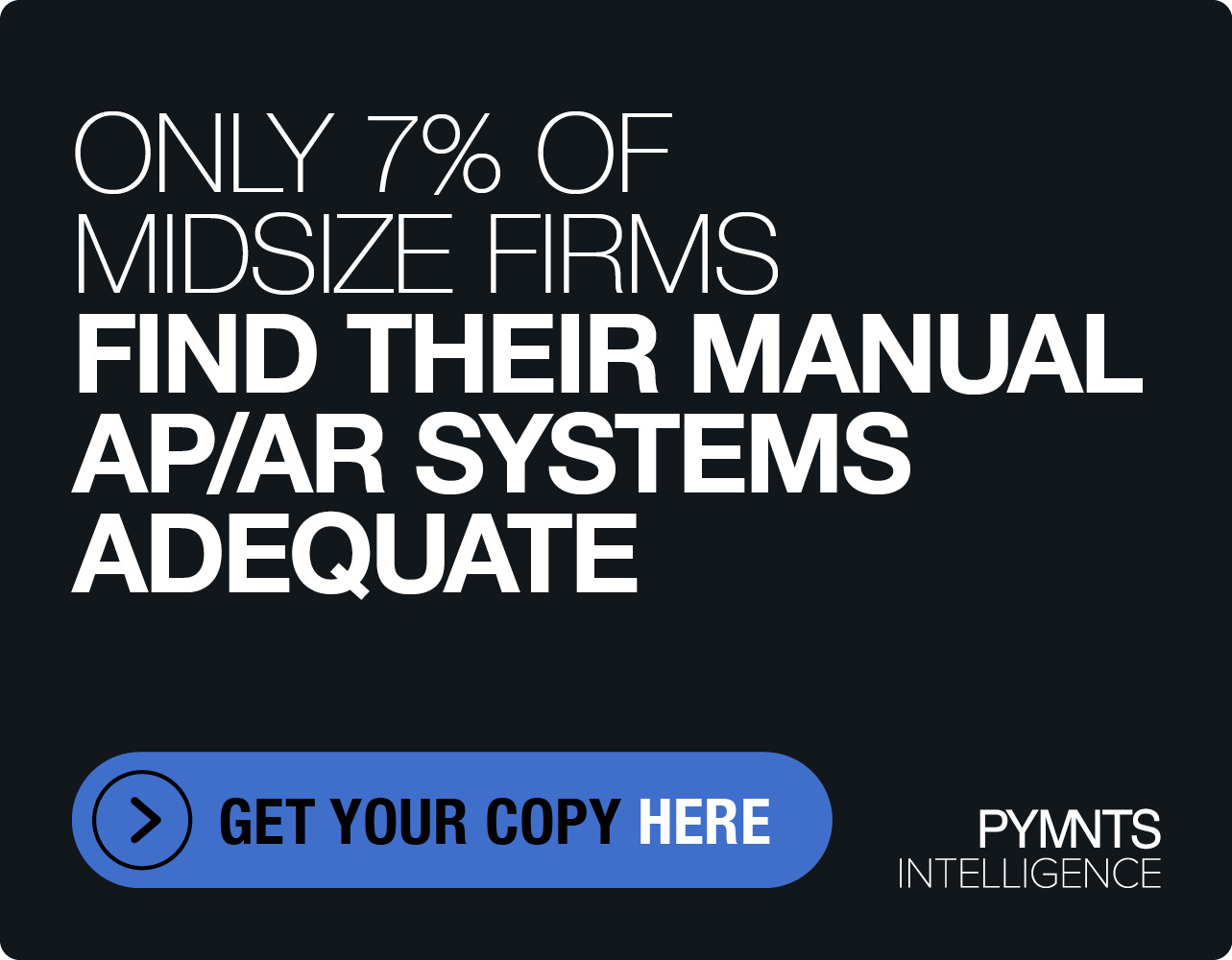Dove Makes Sure Pop-Up Bubble Hasn’t Popped

The pop-up shop may not be the novel trend it once was, but brands are still using the buzz-generating model to create real-world connections with customers without the cost and commitment of opening longer-term stores.
One of the ways brands are looking to create these in-person experiences is by offering limited-time restaurants, bars and cafés. Dove, for instance, (the soap brand, not the chocolate brand) is opening a cocktail bar.
On Friday (Feb. 16), the beauty brand announced the opening of this pop-up, the #DoveDeluxeBar, coming Feb. 22 and Feb. 23, at the bar Dante in New York City’s West Village, to promote the launch of a new collection of soaps.
“When we looked at the distinct fragrances and sensorial experiences Dove had to offer in its new Plant Milk Cleansing Bars, it was an exciting challenge that tested our creativity,” Renato Tonelli, beverage training director at Dante, said in a statement. “Finding the right style of cocktail — whether it was shaken, stirred, or spritz — was the first step to curating the recipes. Just by looking at the flavors themselves, we could clearly see which style of cocktail would best represent each bar.”
Dove is not the only brand making a limited-time foray into the food and beverage space in an effort to get customers engaged. According to the New York Post, luxury brand Valentino recently opened a pop-up restaurant, Valentino Café, at high-end Italian eatery Sartiano’s inside New York City’s Mercer Hotel, with celebrity attendees such as Jemima Kirke, Nicky Hilton and Bowen Yang.
Indeed, the pop-up restaurant is a common format for brands looking to establish that connection with shoppers, offering an immersive on-site experience. Netflix has had its own pop-up restaurant, Chanel, and last year, Mattel seized on the enthusiasm for the Barbie brand inspired by the recent film with its pop-up Malibu Barbie Café in partnership with events platform Bucket Listers.
While food might be an easy way to make a direct connection with customers, not all pop-ups are centered on things consumers can eat or drink. According to the Minneapolis Star Tribune, on Friday, IKEA opened a pop-up shop in Roseville, Minnesota’s Rosedale Center, set to run for six months. The location seems to be less an effort to generate a short burst of publicity and more an attempt to try out a new store model, offering a smaller selection than the traditional location with a focus on convenience.
Meanwhile, health-focused soda brand Poppi, which sells both in traditional retailers and direct to consumer (D2C) recently hosted a pop-up event in West Hollywood, featuring a drop-in from Paris Hilton, to launch its newest flavor. The activation, dubbed Poppi Mart, took inspiration from convenience stores and featured limited-edition merchandise and giveaways. The pop-up model seems to be a fit for the buzzy brand, which caters to a trend-seeking audience.
As the pop-up trend persists and evolves, it is becoming less a novelty in its own right and more a way for brands to either create immersive, in-person connections or to experiment with new formats in a low-commitment way outside traditional retail environments.

